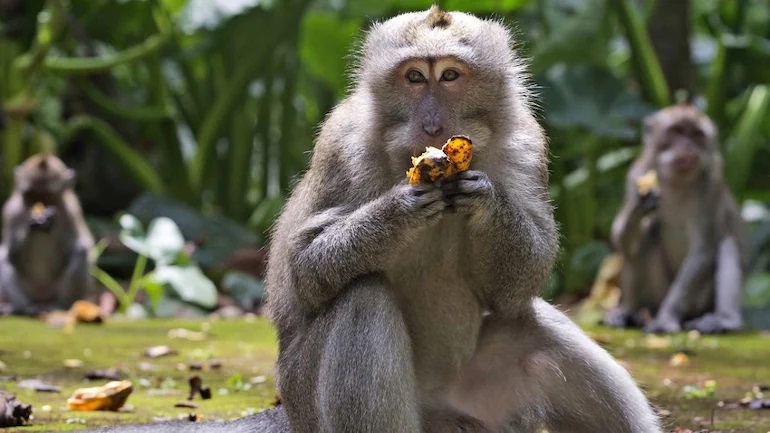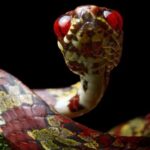Roach profiles mugging monkeys, thieving bears and more

Around the world, criminals run free in the forest. These villains can’t be arrested — because they’re not human. In her latest book, Fuzz: When Nature Breaks the Law, Mary Roach puts the spotlight on these miscreants. On the Midway Islands, albatrosses carry out suicide missions against the U.S. Navy’s planes. In Colorado, bears break and enter, raiding the refrigerators of mountain homes. And deer do so much jaywalking.
Nature’s perp list also includes camels, mountain lions, crows and many more. Through such examples, Roach tackles this question: What should we do when animals break laws intended for people?
The book brims with Roach’s irreverent humor, which particularly shines when she experiences human-animal conflict firsthand. She tastes rat bait to better understand its allure and gets training on how to tell if a human body was mauled by a bear or by a human pretending to be a bear. She even engineers a robbery: “I had bananas. I was asking for it. I wanted to know what it was like to be mugged by monkeys.”
But it’s not all fun and reindeer games. Roach highlights how much real pain comes from human-animal interactions. Elephants routinely destroy people’s crops and homes. They, along with leopards, bears, deer and others, can also kill people. She also tackles the ethics of eradicating pests by mass poisoning or altering their genetics.
The stories might seem disparate, but they serve a wider point. Many wildlife strategies seek to save people from wild animals’ unwelcome behavior, or to increase the numbers of animals that people want to shoot, eat or admire. What would happen, Roach wonders, if we thought more about coexistence instead of conflict or exploitation?
Most chapters offer a blend of modern science and history, with Roach’s flair for spotting hidden absurdities. Not all the stories of nature’s criminal intent quite land, however. She highlights, for instance, how falling trees kill people, and how uncooked beans cause significant gastrointestinal distress. But it’s a stretch: Widow-makers and musical fruits are inanimate objects, lacking motive, means or opportunity. It’s hard to feel threatened by a tree or bean that can’t come running after you. Nonetheless, as another entry in Roach’s canon of books, Fuzz stands tall (and hairy), educating as much as it entertains. But please: Just learn from her. Do not taste the rat bait.





















